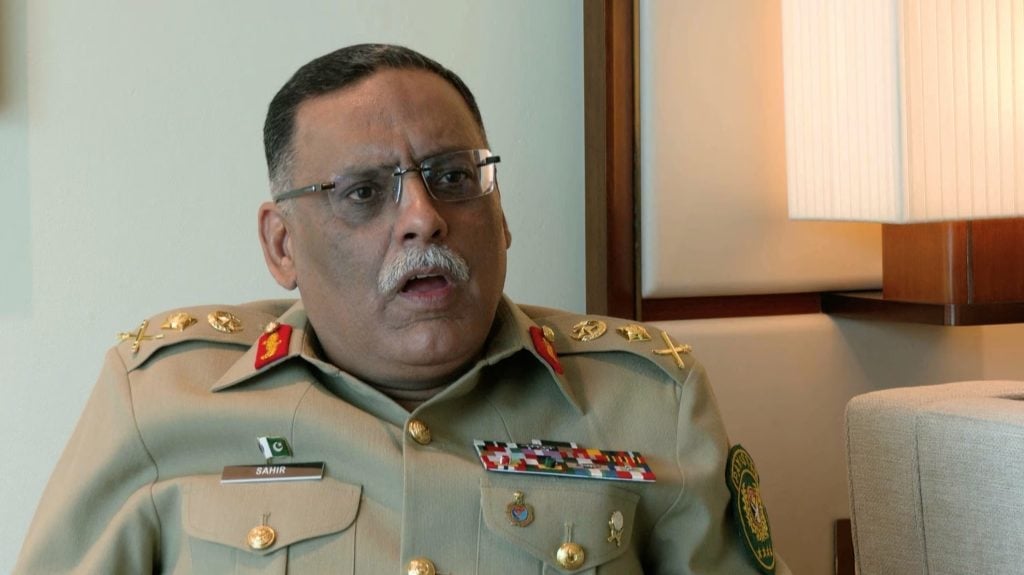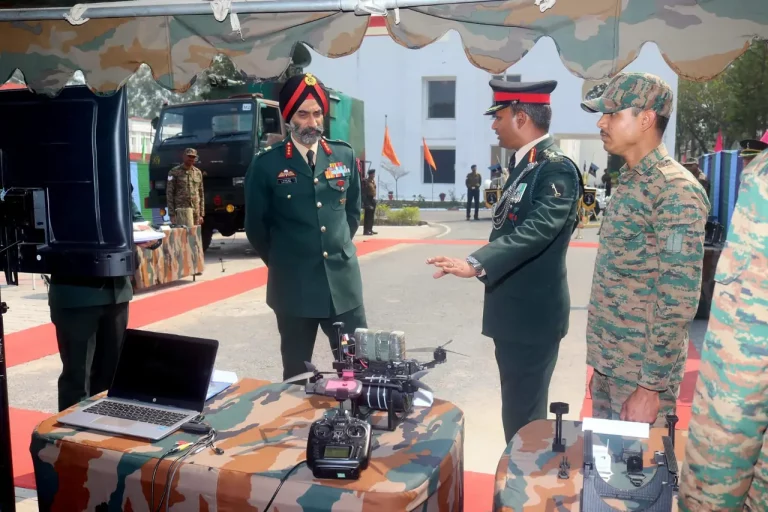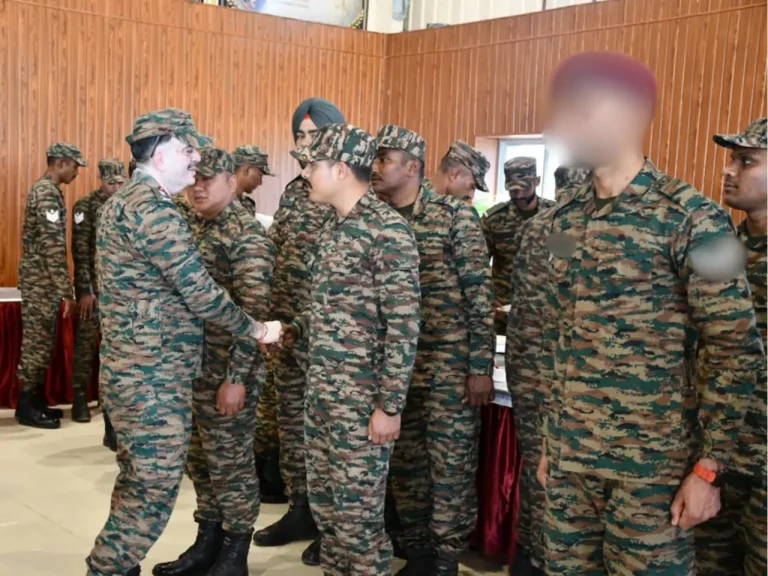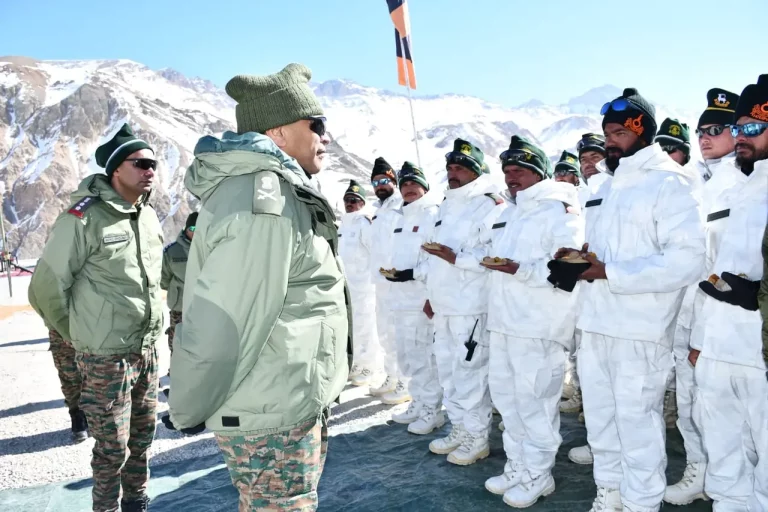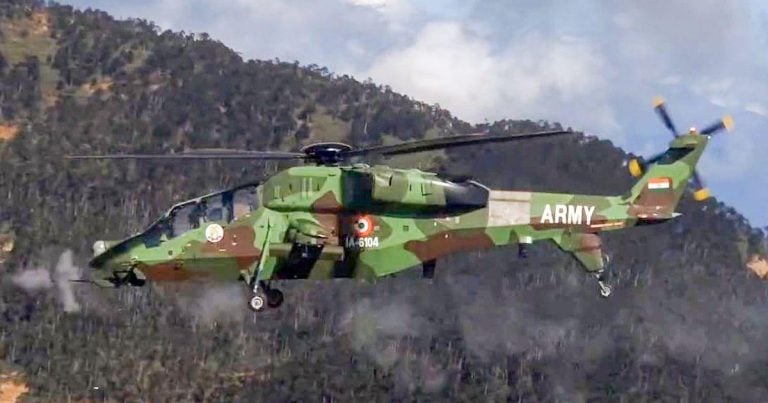Pakistan’s military leadership is sounding alarms over the potential for nuclear conflict with India, following a recent military standoff that highlighted the fragile relationship between the two nuclear-armed nations. General Sahir Shamshad Mirza, chairman of Pakistan’s joint chiefs of staff, expressed concerns about the risk of “strategic miscalculation” during crisis scenarios. His statements come in the wake of Operation Sindoor, a major military operation involving a series of precision strikes by India.
In a recent interview, General Mirza acknowledged that while there were no immediate moves toward nuclear weapons during the recent conflict, the possibility of future escalation cannot be dismissed. “Nothing happened this time,” he clarified, but warned, “you can’t rule out any strategic miscalculation at any time, because when the crisis is on, the responses are different.”
This sentiment echoes previous remarks from Pakistani leaders emphasizing the potential for nuclear options in response to perceived military threats from India. Earlier, Defence Minister Khawaja Asif reinforced this view, warning of the looming threat of nuclear confrontation amid soaring tensions between the two nations.
In contrast, Indian officials have firmly rejected these nuclear threats. Prime Minister Narendra Modi has made it clear that India will not succumb to what he termed as nuclear blackmail. Similarly, Defence Minister Rajnath Singh asserted that India’s national security decisions are based on strategic interests rather than fear, emphasizing a focus on maintaining a robust defense posture.
Further comments by External Affairs Minister S. Jaishankar underscored a sense of distance from any impending nuclear confrontation, stating that the two countries are still “very, very far away” from such an occurrence, despite recent skirmishes.
General Mirza’s remarks also signal a potential shift in Pakistan’s military posture, indicating that future conflicts may extend beyond the traditional Kashmir battleground to other regions. The most recent tensions were ignited by a terror attack in Pahalgam, prompting India to initiate Operation Sindoor, targeting nine locations linked to terrorist infrastructure in Pakistan and Pakistan-occupied Kashmir. This operation led to a four-day military confrontation before a ceasefire was established.
As Pakistani leaders continue to invoke the threat of nuclear war to elicit international concern, India’s stance remains resolute: the country will respond decisively against terrorism without being swayed by nuclear threats. The ongoing diplomatic and military dynamics in the region suggest that the situation remains precarious, and the risk of miscalculation continues to loom large.
